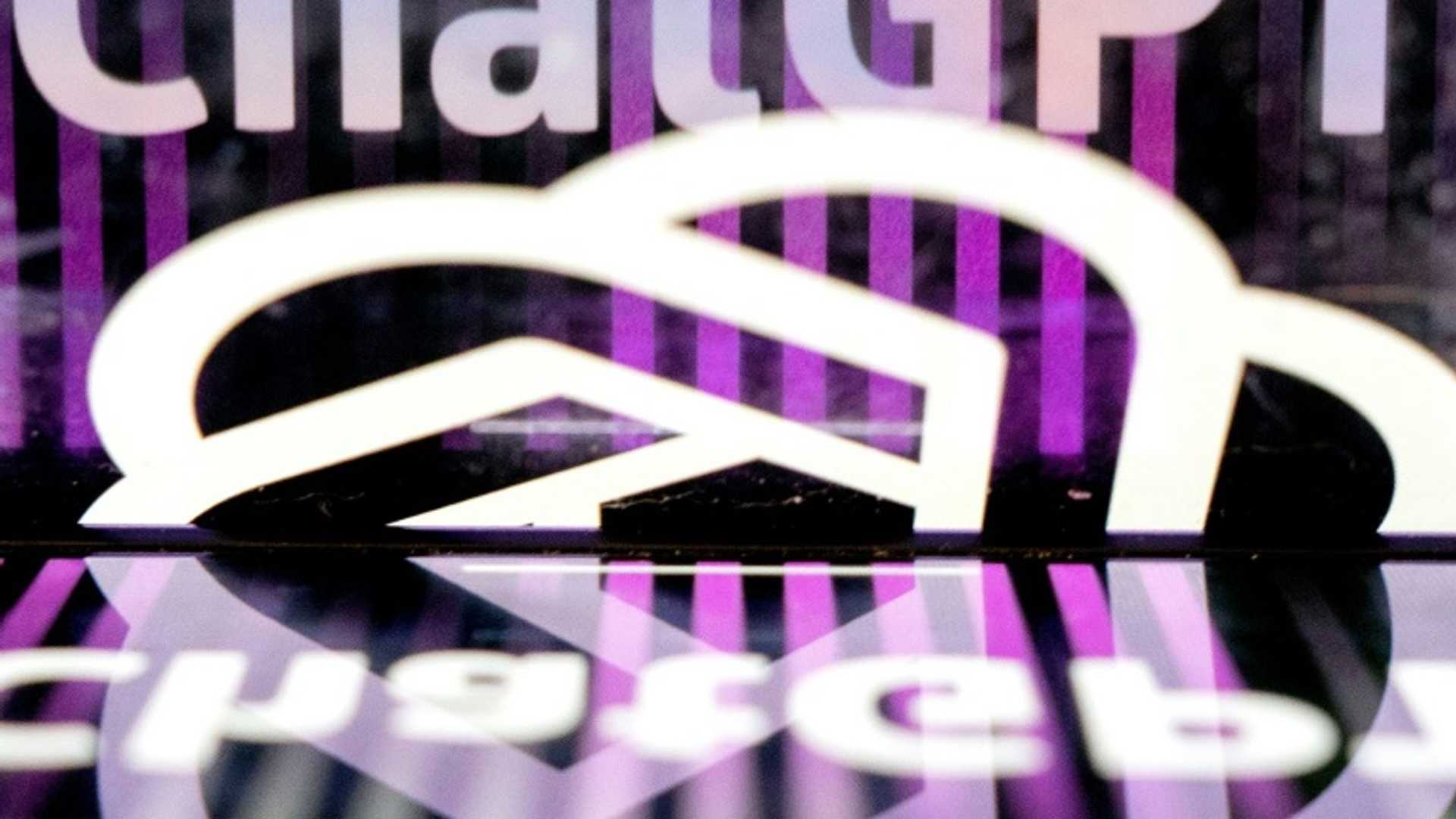ChatGPT Sends Online Learning Giants into Tailspin
School textbooks publishing companies and online class providers sustained a considerable hit this week as AI models, such as ChatGPT, began to impact their businesses. Chegg, a Silicon Valley-based ed-tech company that offers online textbooks and homework assistance, announced that generative AI chatbots have affected its revenue. Chegg’s CEO, Dan Rosensweig, revealed that the interest of students in ChatGPT has increased since March and has already impacted their customer growth rate. The company saw a slump of seven percent in sales over a year, resulting in a five percent decrease in subscribers.
The admission caused shockwaves in the ed-tech sector, which led to a 50 percent decrease in Chegg's share price and a 15 percent plummet in Pearson, a similar UK-based company. Despite the impact, Rosensweig stated that students' attraction to ChatGPT is only a momentary shift. He insisted that clients who continued using Chegg’s products "continue to choose us and retain us at high rates." Chegg also launched its chatbot called CheggMate to address students' needs, which is powered by GPT-4 technology, the latest version of the AI language model developed by Microsoft-backed OpenAI.
While Chegg and ChatGPT have been accused of providing students with ready-made solutions to cheat on online tests, experts believe that AI is an opportunity for the economy. However, the recent downturn in ed-tech stocks advocates the idea that AI technology can impinge on a company's bottom line. Experts have suggested that businesses that require little specialization, such as call centers or tutoring services, are the ones that are most vulnerable to AI.
For now, people are only handing very specific tasks over to generative AI until further testing is done. Vishal Gupta, an associate professor at the USC Marshall School of Business, stated that these tasks are currently "lower stakes," given the uncertainties surrounding the technology.




















